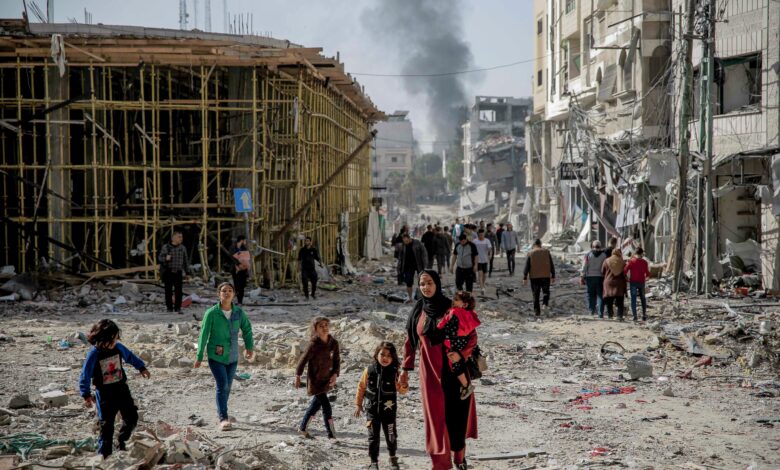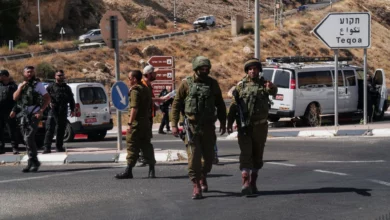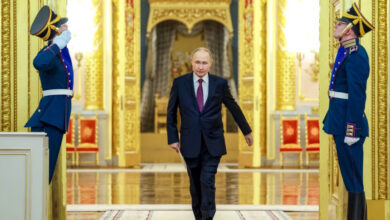
The South African government, a successor to the apartheid regime that was made a pariah on the international stage three decades ago, brought the case against Israel, accusing it of breaching its obligations under the genocide convention in its war on Hamas in Gaza.
South Africa has asked the court to indicate “provisional measures” to protect the rights of Palestinians in Gaza “from imminent and irreparable loss.”
Provisional measures function as a kind of restraining order to stop a dispute from escalating while the full case progresses through the court, which could take years.
For provisional measures the court has only to decide if prima facie, or “at first glance,” it has jurisdiction, and if the acts complained of could fall within the provisions of the Genocide Convention. South Africa alleges some of the acts committed by Israel are “plainly capable” of doing so.
South Africa has asked the court to order Israel to suspend its military campaign in Gaza. But even if the court does find it has prima facie jurisdiction, the provisional measures it decides would not necessarily be those requested by South Africa.
Could the request be granted? The ICJ has in the past granted similar requests. In December 2019, it held hearings on The Gambia’s request for provisional measures to protect the Rohingya people remaining in Myanmar from genocide. The measures were unanimously adopted in January 2020, and Myanmar was ordered to prevent all genocidal acts against the Rohingya, preserve evidence related to the case, and provide regular reports on its compliance with the provisional measures.
Countries are unable to appeal the rulings but the ICJ has no way of enforcing them. A 2022 report by Human Rights Watch found continued abuses against the Rohingya remaining in Myanmar, despite the provisional measures.
Similarly, despite the court in March 2022 ordering Russia to immediately suspend its invasion of Ukraine, Moscow’s war rages on nearly two years later.
While an ICJ ruling against Israel may fail to constrain its military action, it could land a serious blow to Israel’s international reputation. Israel has argued that its war against Hamas complies with international law, which gives states the right of self-defense, provided the force they use is necessary and proportionate.




